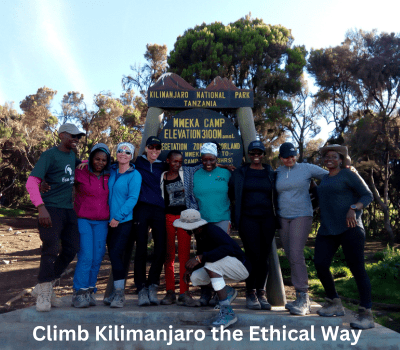Are There Specific Certifications That a Kilimanjaro Guide Should Hold?
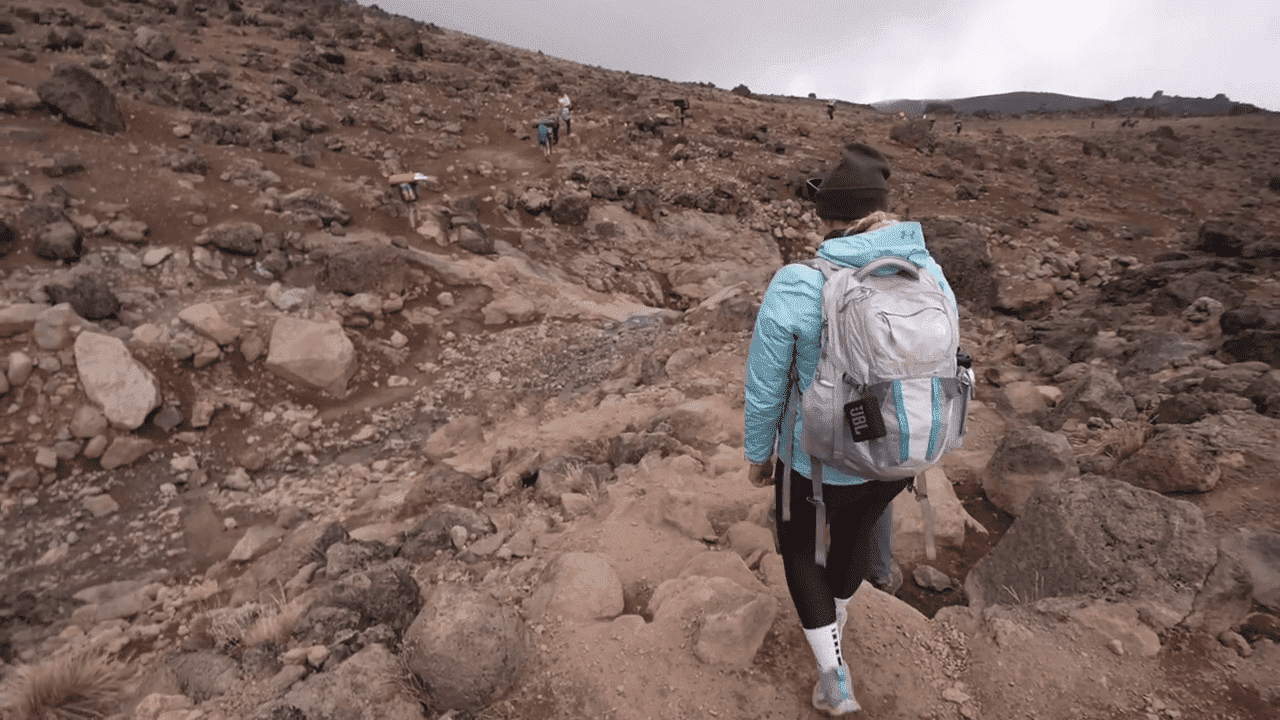
Introduction: Why Certifications Matter on Kilimanjaro
When it comes to climbing Mount Kilimanjaro, your guide isn’t just there to lead the way. They are your first responder, high-altitude expert, motivator, and logistics manager. That’s why verifying your guide’s certifications is not just smart—it’s essential. The right credentials ensure your guide knows how to prevent altitude sickness, respond to emergencies, and follow ethical practices on the mountain.
At Eco-Africa Climbing, all our guides meet—and exceed—the required certifications for a safe and ethical Kilimanjaro experience. In this guide, we’ll break down the exact certifications your guide should have, and how to make sure they’re legit.
Legal Requirements for Kilimanjaro Guides in Tanzania
All Kilimanjaro guides must be officially valid licensed by the Tanzania National Parks Authority (TANAPA). This means they must:
- Pass government-approved guide training programs
- Register with a local guiding or tour operator company
- Maintain an active permit to operate inside Kilimanjaro National Park
Any operator offering unguided climbs is breaking the law—and endangering your life. Kilimanjaro is a high-altitude mountain with unpredictable conditions. Only certified, licensed guides are allowed to lead treks, and park rangers verify their documentation at every gate.
Wilderness First Responder (WFR): The Gold Standard
The most important certification for any Kilimanjaro guide is Wilderness First Responder (WFR). This internationally recognized qualification prepares guides to respond to medical emergencies in remote, high-altitude environments.
WFR-certified guides are trained in:
- CPR and trauma care
- Altitude illness diagnosis and treatment
- Evacuation planning and stretcher use
- Medication administration in remote areas
- Heat, cold, and dehydration management
At Eco-Africa Climbing, 100% of our guides are WFR-certified. This is not an optional bonus—it’s a non-negotiable standard of safety we insist on for every trekker who climbs with us.
Altitude-Specific Medical Training: A Must-Have
Altitude sickness is the number one reason climbers fail to reach the summit of Kilimanjaro. That’s why your guide must have specialized training in:
- Recognizing symptoms of AMS (Acute Mountain Sickness)
- Emergency response for HAPE and HACE (life-threatening altitude illnesses)
- Using pulse oximeters to monitor oxygen saturation levels
- Administering emergency oxygen (a must on every climb)
Your guide should not only understand the risks—they must know how to react swiftly. At Eco-Africa Climbing, our teams conduct daily health checks and carry emergency oxygen and pulse oximeters on every expedition.
Guiding Licenses and Park Registration: TANAPA Approval
Every guide must be licensed and officially registered with TANAPA. These credentials are issued only after completing government training programs and maintaining clean safety records.
You can verify a guide’s registration by:
- Asking to see their park license before your climb
- Checking if their name appears on a Permit for your Kilimanjaro Climb.
- Booking only with licensed tour companies like Eco-Africa Climbing
Without TANAPA approval, a guide is not legally allowed to lead a group into the park—and you risk being turned away at the gate.
Why KPAP Partnership Matters When Choosing a Guide
The Kilimanjaro Porters Assistance Project (KPAP) is a non-profit organization dedicated to improving the working conditions of porters on Mount Kilimanjaro. Partnering with a KPAP-affiliated tour operator ensures that your climb supports ethical treatment of porters.
KPAP-certified companies adhere to strict guidelines, including:
- Makesure the Company has all the necessary license to operate Mountain Bussiness in Tanzania
- Paying porters a minimum daily wage of 20,000 Tanzanian shillings
- Providing porters with three meals per day during expeditions
- Supplying appropriate gear and adequate sleeping accommodations
- Limiting porter loads to a maximum of 20 kilograms
- Ensuring fair and transparent distribution of tips
By choosing a KPAP partner, you’re not only ensuring a safer and more ethical climb but also contributing to the well-being of the local community.
Questions to Ask Before Booking Your Kilimanjaro Guide
Before committing to a tour operator or guide, consider asking the following questions to ensure they meet your expectations:
- What certifications do you hold? Ensure they have up-to-date Wilderness First Responder (WFR) certification and are licensed by Kilimanjaro National Park.
- How many times have you summited Kilimanjaro? Experience matters; a seasoned guide will have numerous successful climbs.
- Are you affiliated with KPAP? This indicates a commitment to ethical treatment of porters.
- Can I speak with past clients? References can provide insight into the guide’s professionalism and reliability.
- What is your emergency protocol? A qualified guide should have a clear plan for handling altitude sickness and other emergencies.
Asking these questions can help you gauge the guide’s experience, ethics, and preparedness, ensuring a safer and more enjoyable climb.
Red Flags: Signs of an Unqualified or Unethical Guide
Be cautious of the following warning signs when selecting a Kilimanjaro guide:
- Lack of certifications: If a guide cannot provide proof of WFR certification or park licensing, it’s a major red flag.
- Unwillingness to discuss porter welfare: Ethical guides are transparent about how they treat their team.
- Unrealistically low prices: Extremely cheap offers may indicate cost-cutting at the expense of safety and porter welfare.
- Negative reviews: Consistent complaints about safety, professionalism, or treatment of porters should not be ignored.
- Pressure to book quickly: Reputable guides will give you time to make an informed decision.
Avoiding these red flags can help ensure you choose a guide who prioritizes safety, ethics, and professionalism.
Choosing Between Local and Foreign Tour Operators
When selecting a tour operator for your Kilimanjaro climb, you’ll encounter both local Tanzanian companies and foreign-based operators. Each has its advantages:
- Local Operators: Often provide a more authentic experience and contribute directly to the local economy. Look for those affiliated with KPAP to ensure ethical practices.
- Foreign Operators: May offer more comprehensive packages, including international flights and additional amenities. However, it’s essential to verify their commitment to ethical standards and local partnerships.
Regardless of your choice, prioritize operators that demonstrate transparency, ethical treatment of staff, and a strong safety record.
Why Continuous Training and Refresher Courses Are Essential
Mountain guiding isn’t a one-time qualification—it’s a profession that demands ongoing education. Certified guides on Kilimanjaro should participate in regular refresher courses to keep their medical, altitude, and rescue skills sharp.
These refresher programs typically include:
- Updates on high-altitude illness protocols
- New rescue techniques and equipment training
- Hands-on emergency simulations
- Re-certification for WFR and CPR every two to three years
At Eco-Africa Climbing, our team attends yearly safety workshops and health drills. This ensures our knowledge stays up-to-date with evolving international standards.
How to Spot a Fake or Unqualified Kilimanjaro Guide
Unfortunately, not all who claim to be “guides” are properly trained or authorized. Here’s how to spot a fraud before it’s too late:
- No ID or park license: Every certified guide should be able to show a physical license issued by TANAPA.
- Vague about certifications: Watch for hesitation when asked about WFR or KPAP affiliation.
- Doesn’t work with a reputable company: Be wary of guides not affiliated with an established operator like Eco-Africa Climbing.
- Too good to be true pricing: Bargain-basement deals often signal shortcuts in safety or staff treatment.
Legitimate guides are proud of their credentials. If something feels off, trust your gut—and move on.
Expert Advice from Tanzania-Based Tour Leaders
At Eco-Africa Climbing, we’ve seen it all—rescues that could’ve been avoided, fake guides offering illegal treks, and tourists getting scammed by uncertified operators. Our advice?
- Always verify your guide’s license and medical credentials before booking
- Request to speak with past clients who summited successfully
- Find the company’s KPAP compliance on KPAP website.
- Double-check that emergency oxygen, pulse oximeters, and health checks are standard
Guides are your lifeline on Kilimanjaro. Choose a certified, passionate, and transparent team. When in doubt, contact us directly for a free consultation—we’ll explain what to ask and what to avoid.
Why Good Communication Skills Are Non-Negotiable
Beyond certifications, your guide should be someone you can trust and understand clearly. That means fluency in English (and ideally multiple languages), along with strong interpersonal skills.
Top guides should be able to:
- Explain health symptoms and acclimatization tips clearly
- Offer motivational support during tough climbs
- Keep the group updated on route changes or safety concerns
- Build rapport and reduce anxiety with humor, empathy, and leadership
At Eco-Africa Climbing, all guides go through language assessments and hospitality training to ensure a smooth, friendly experience for every client—regardless of background.
Conclusion: Certifications Are the Foundation of a Safe Climb
Climbing Mount Kilimanjaro is an unforgettable adventure, but only if it’s done safely. And at the heart of every safe, ethical, and successful climb is a certified, experienced, and compassionate guide. Don’t just trust your life to anyone with a badge—verify their WFR certification, TANAPA registration, and KPAP affiliation before stepping onto the trail.
At Eco-Africa Climbing, we believe in guiding with integrity. Our team is not only technically qualified, but they’re trained in communication, rescue readiness, and porter welfare. We don’t just meet the standards—we set them.
Frequently Asked Questions (FAQs)
What is the most important certification a Kilimanjaro guide should have?
The Wilderness First Responder (WFR) is the most crucial certification, ensuring your guide can handle medical emergencies in remote, high-altitude conditions.
How can I confirm a guide is KPAP affiliated?
Visit the official KPAP website and check the list of approved companies, or ask your tour operator to provide verification.
What’s the danger of hiring an uncertified guide?
Uncertified guides may lack medical training, safety protocols, or park permits. This puts your health, safety, and summit at serious risk.
Can I speak with my Kilimanjaro guide before the trip?
Yes. At Eco-Africa Climbing, we let you connect directly with your assigned guide before your climb for trust and preparation.
Is guide certification more important than company reputation?
Both matter. Reputable companies hire and train the best certified guides. Look for a strong reputation and verified qualifications—like those listed on our TripAdvisor reviews.
Ready to Climb With a Fully Certified Kilimanjaro Guide?
Don’t compromise when it comes to safety, ethics, or professionalism. Book your Kilimanjaro trek with Eco-Africa Climbing and experience the peace of mind that comes with hiking alongside WFR-certified, KPAP-audited, and park-licensed experts.
Explore our best packages guided by Tanzania’s most qualified mountaineers:
Get started today by submitting a request on our booking page or contacting us directly.
Share:
Related Posts
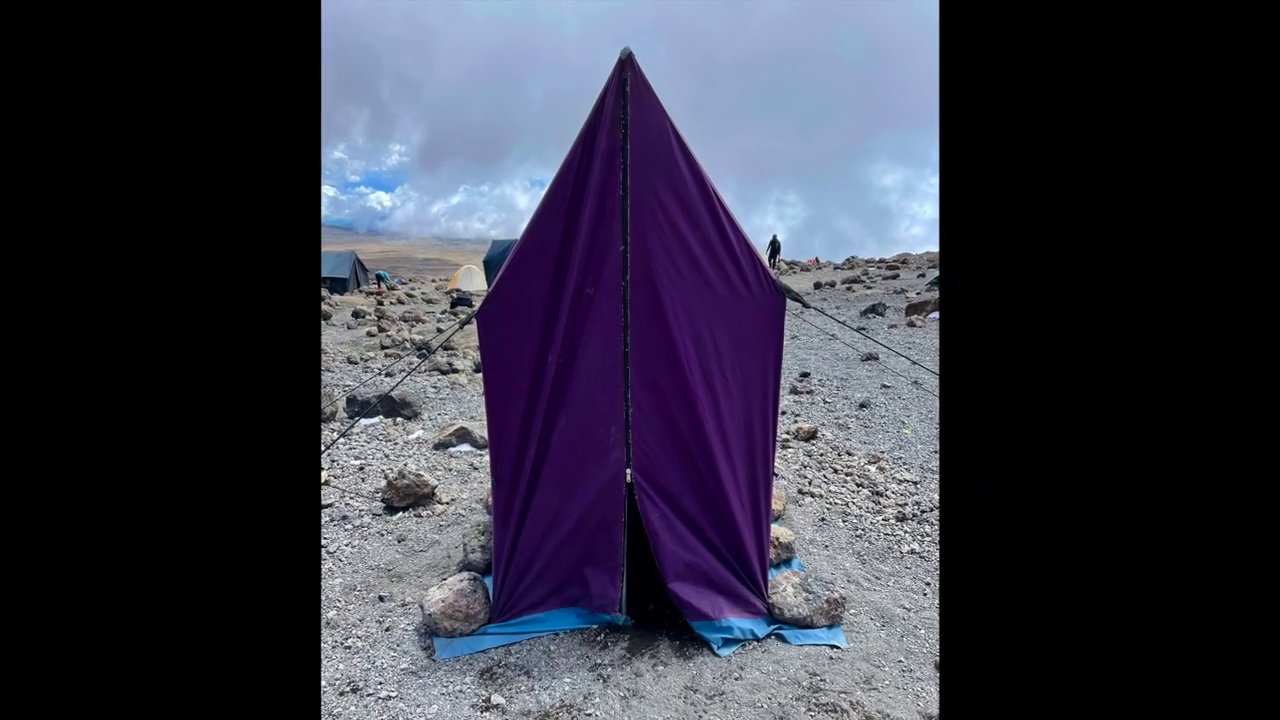
bathroom on mountain kilimanjaro
Bathroom on Mountain Kilimanjaro: What to Expect and How to Prepare Introduction One of the most common — and least discussed — questions from people
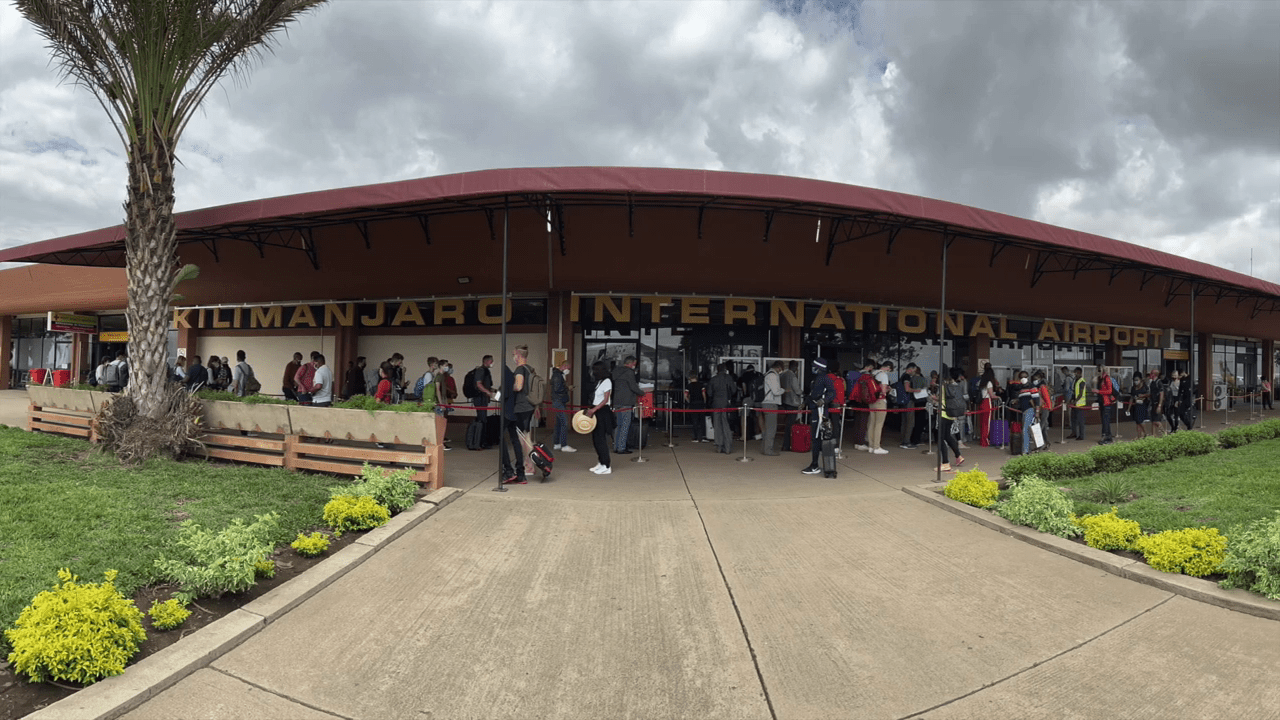
Are Guides Readily Available in Tanzania Without Prior Booking?
Are Guides Readily Available in Tanzania Without Prior Booking? Introduction: Should You Risk Climbing Without Pre-Booking? Climbing Mount Kilimanjaro is a dream for many adventurers.
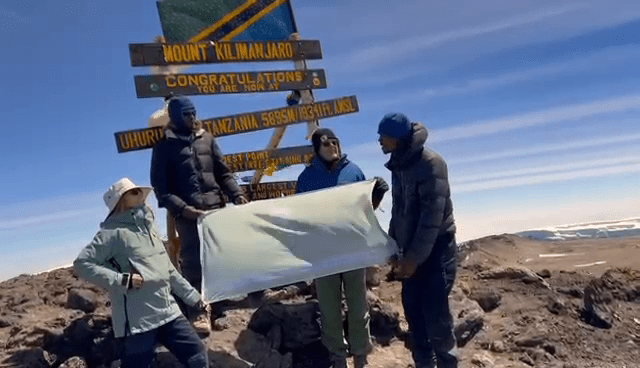
How Can I Find a Reliable Local Guide for My Kilimanjaro Expedition?
How Can I Find a Reliable Local Guide for My Kilimanjaro Expedition? Introduction: Why the Right Guide Is Key to Kilimanjaro Success Climbing Mount Kilimanjaro
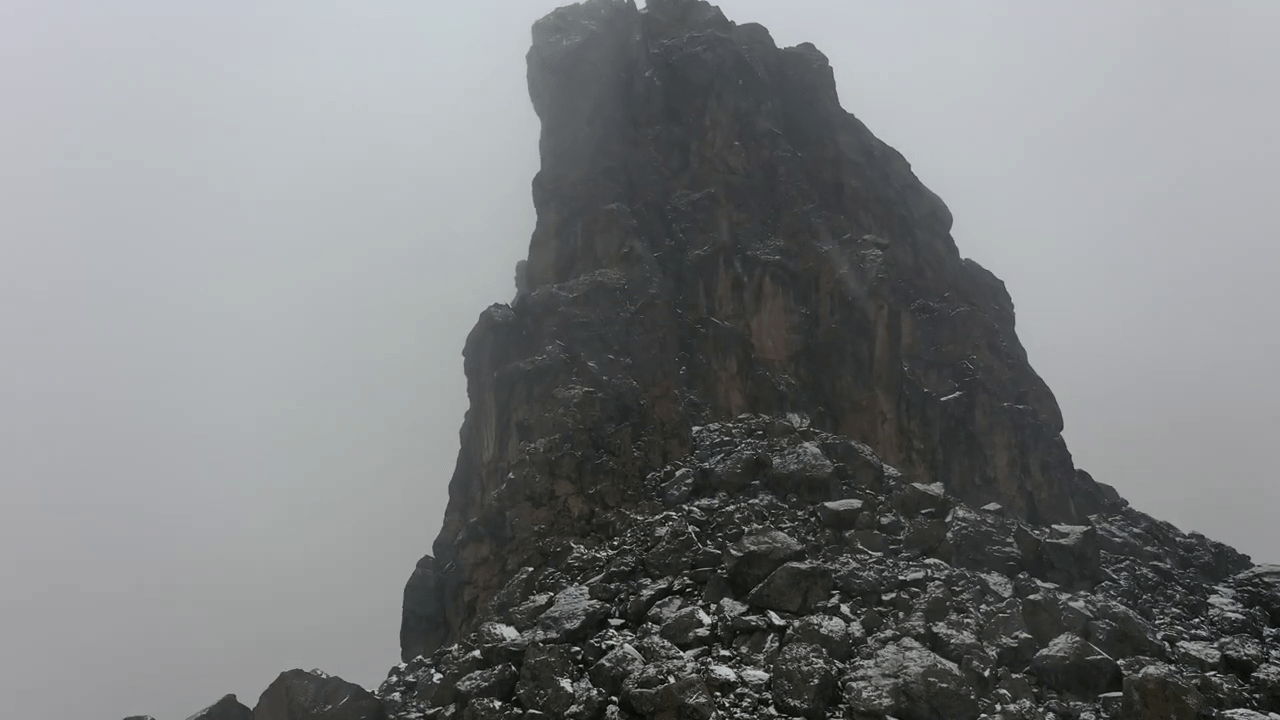
Is Climbing Kilimanjaro Dangerous for Individuals Without Mountaineering Experience?
Is Climbing Kilimanjaro Dangerous for Individuals Without Mountaineering Experience? Introduction: The Myth of Danger and Experience Many aspiring adventurers wonder if climbing Mount Kilimanjaro is
